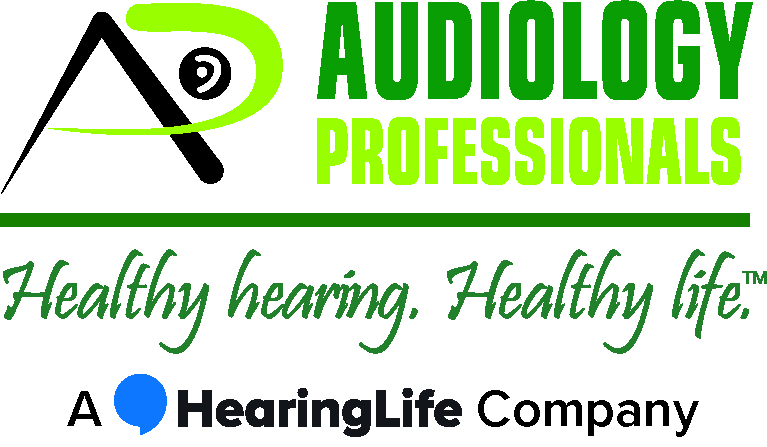Five ways to prevent and treat tinnitus
Fortunately, tinnitus is a symptom, not a disease, so there are many ways to prevent and treat it.
1. Prepare and plan ahead
If you know in advance that you’ll be exposed to loud sounds, plan ahead. Make sure to bring ear protection. Or, plan to position yourself as far away from the noise source as possible. Even taking 15 – 20 minute breaks from noise exposure can help protect you from ear damage.
2. Protect your ears
Make sure to wear ear protection before exposure to noise and keep it on until the nose has stopped or you have left the noisy environment. Sometimes tinnitus begins immediately after the first loud sound, so every second counts. When using power tools or guns, you can double up by wearing earplugs and earmuffs. Just one gunshot near ear level can produce tinnitus.
3. After noise exposure, act quickly and let your ears heal
The two things that intensify tinnitus the most are stress and fatigue. So make sure to rest and stay hydrated.
4. Plan for next time
Use prior experience to help prepare more effectively for your next loud exposure. Do you need custom earplugs? Do you need to preprogram your iPod at a lower volume? Or buy concert tickets a couple rows back?
5. Minimize noise exposure
Carry earplugs with you and use them. There are even earplugs that allow you to enjoy the full range of frequencies, while still protecting your ears. Make sure to limit time in noisy environments and choose a more quiet setting for social outings.
Remember, almost all tinnitus cases are caused from noise and can be prevented. So be proactive and take care of your ears.
